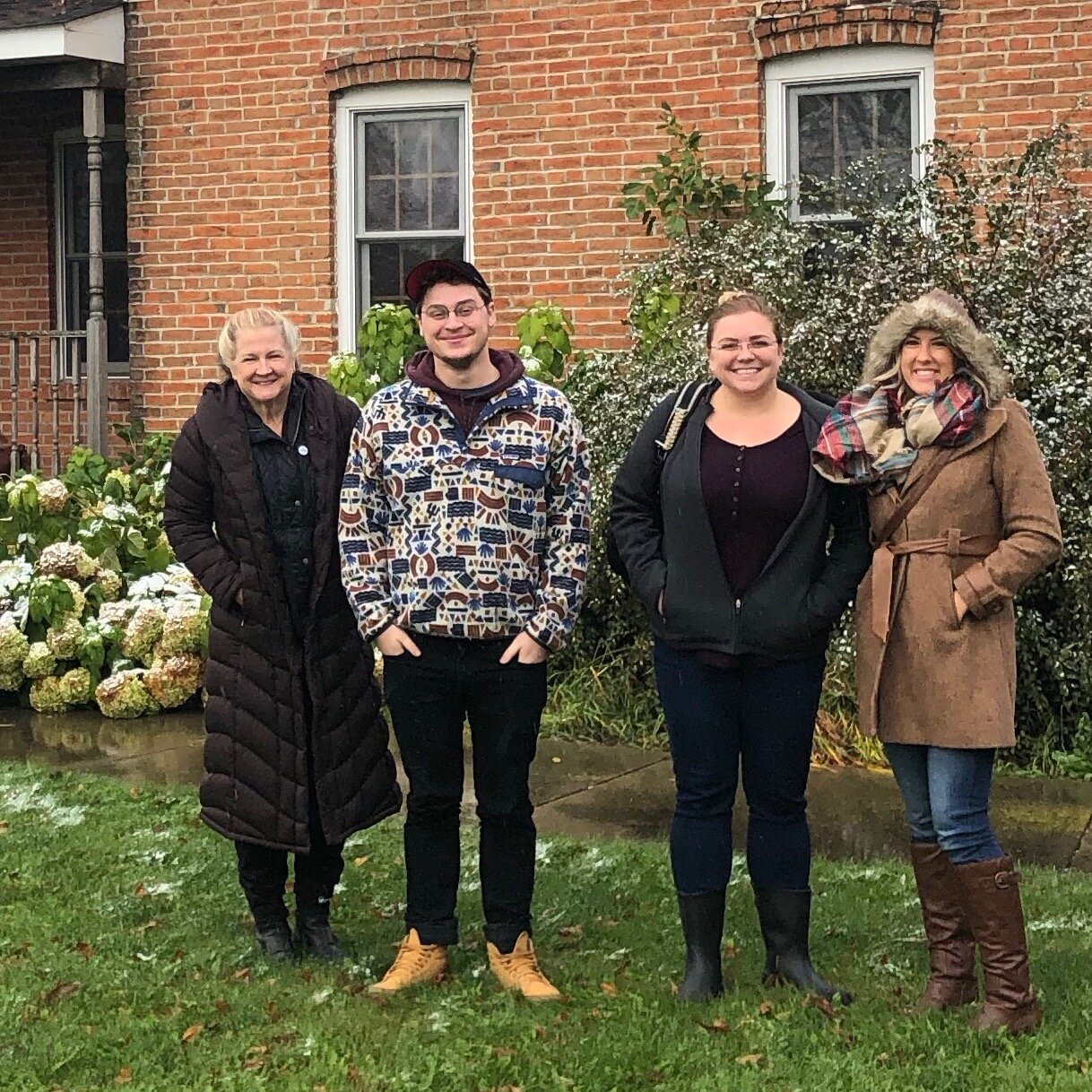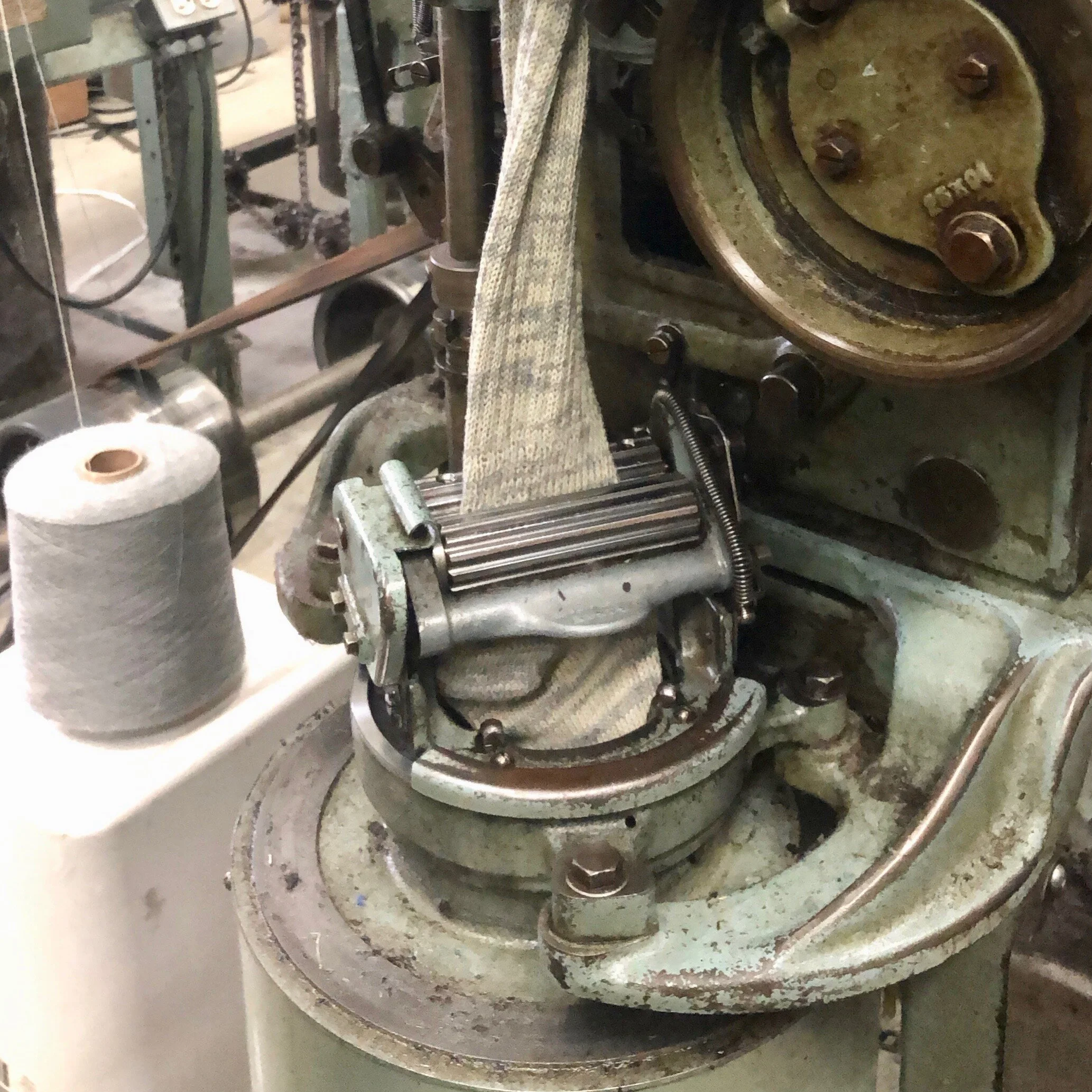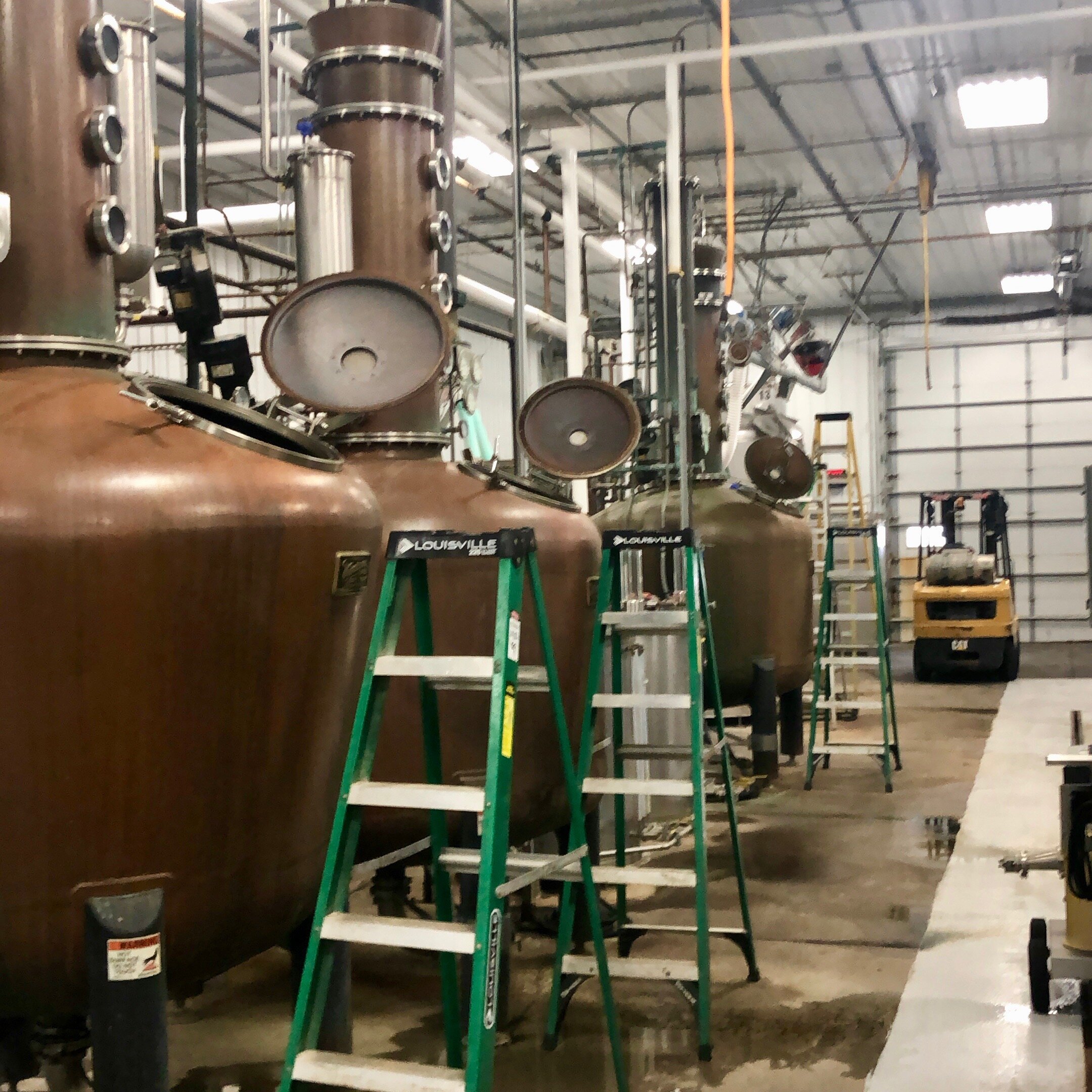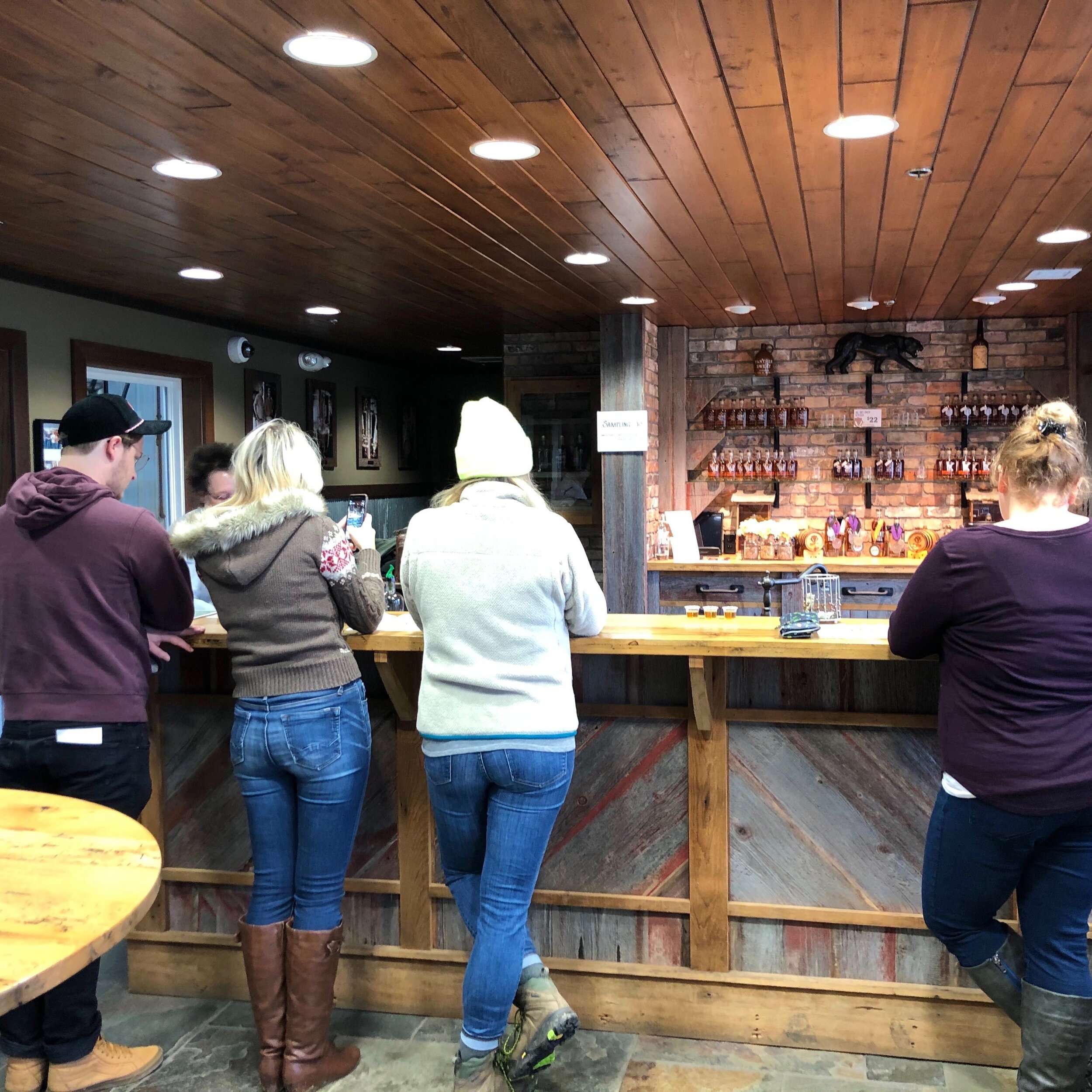The agriculture industry finds itself in a time of unprecedented transformation, from shifting climate to innovations throughout the supply chain. Recent findings on the impact of climate change on our food systems only reinforce the importance of responsible agricultural practices for organizations of all sizes.
At Mindsailing, we’re dedicated to identifying and understanding the change dynamics — the currents — impacting agricultural change makers. We also seek to identify innovations — the currencies — being used to evolve with them.
For National Farmers’ Day, the Mindsailing team visited farms and agriculture entrepreneurs across the west-central Minnesota countryside. All of the businesses we visited displayed common qualities: a passion for their craft, impressive market and regulatory awareness, ingenuity, and a dedication to transforming their businesses, and their industries, for the better.
These change makers practice considerate stewardship of the land with responsible sourcing, energy conservation and waste minimization practices. Read on to explore some of our favorite examples.
GreatWool
GreatWool is a sheep farm, offering wool to hand spinners and knitters.
At GreatWool, a flock of Rambouillet sheep are raised for wool. To maintain the flock and to ensure ongoing wool quality, the ewes are bred annually to regional and national champion rams. Each spring, the sheep are shorn and the wool is sold to spinners, dyers, knitters and felters. The operation promotes natural dying with walnuts, goldenrod, onions and other natural ingredients.
Last year, the owners took a major step to minimize their dependence on non-renewable energy sources by installing a miniature solar farm on their property. With ongoing panel maintenance and replacement, this investment should provide sustainable power for decades.
FUN FACT: Mindsailing CEO Julie Mackenzie also owns GreatWool and gave us a first hand tour of how operations are run on her farm.
Redhead Creamery
Redhead Creamery is a dairy farm and creamery.
Redhead Creamery sources its milk on-site, flowing it through an underground tunnel into the cheese making room. Redhead Creamery had to appeal to the local government to change existing policies that required milk to be hauled off-site for cheese production. They are required to carry a milk-hauler’s license for the tunnel transportation of the milk to the cheese making room. This ensures the freshest dairy products are available to consumers.
Redhead Creamery also conserves energy by taking advantage of residual heat — from the cows themselves. Fresh milk flows from the milk parlor to the cheesemaking room with only about 45 degrees of heating required to reach pasteurization. The few days each week when the creamery is not producing cheese, an enclosed coil and water-chilled plate cooling technique is used to safely chill the milk quickly and efficiently. The creamery also uses underground storage caves to age the cheese, taking advantage of the natural cool temperatures and humidity.
Northland Woolens
Northland Woolens is a hosiery woolen mill offering mittens, hats and socks.
Demand for clothing made of natural fiber frequently resulted in excess waste. Small portions of mill end remnant yarns were deemed unusable and often thrown out. Recognizing a societal shift to reduce waste and a trend of supporting sustainable manufacturers, Northland Woolens began producing “Soup Socks” that contain a mixture of various animal fibers (sheep, alpaca, llama, goat, rabbit, etc.). Additionally, they up-cycle previously owned wool sweaters and indirectly assist clients in reducing waste by processing fibers that would otherwise be tossed out.
Panther Distillery
Panther Distillery is Minnesota’s first craft distillery.
Panther Distillery sources its materials and ingredients locally. Its three 500-gallon copper stills are American made, and its corn, wheat and rye are all sourced from nearby farmers. All of its grain is sourced within 30 miles of its distillery and some of Panther’s distillers personally grow the grain.
Panther Distillery depends on local farmers to supply the ingredients for its whiskey, and some local farmers depend on Panther to supplement their feed. Throughout the process of producing whiskey, there are residual byproducts that the employees separate and set aside for nearby farmers to feed their livestock.
Panther Distillery also conserves energy and water while producing whiskey. Instead of tossing the warm water used during production and heating a new batch with each use, the water is placed in a holding tank and reused several times. And the distillery takes advantage of residual heat and avoids wasting energy. Additionally, the distillery uses the naturally cool Minnesotan climate to accelerate and improve the aging process.
These responsible practices are just the beginning.
We respect each change makers’ dedication to transforming their businesses and industries for the better with responsible sourcing, energy conservation and waste minimization practices. At Mindsailing, we’re dedicated to assisting organizations across industries as they embark in positive transformation.
INTERESTED IN CHANGING THE MODEL?
LEARN MORE ABOUT OUR INNOVATION WORKSHOPS.
